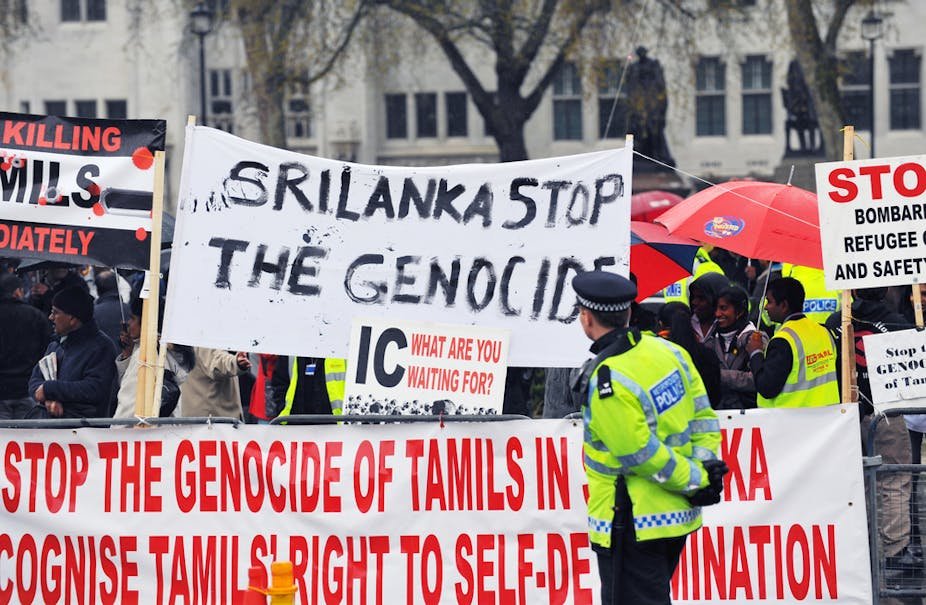
What are some common reasons that lead TGTE to seek separatism in Srilanka?
Transitional government of Tamil Eelam may seek separatism for a variety of reasons, often rooted in a combination of political, social, cultural, and economic factors. Here are some common reasons:
1. **Cultural Identity**: A strong sense of distinct cultural, ethnic, or linguistic identity can motivate a group to seek separation in order to preserve and promote their unique heritage and traditions.
2. **Historical Grievances**: Historical injustices, oppression, or marginalisation can fuel feelings of resentment and a desire for independence or autonomy, especially if the group has faced discrimination or exploitation in the past.
3. **Political Representation**: Groups may feel underrepresented or excluded in the political processes of the larger state, leading them to seek self-governance to ensure their interests and voices are heard.
4. **Economic Disparities**: Economic inequality or perceived exploitation by the central government can drive groups to seek separation to gain control over their economic resources and development.
5. **Desire for Self-Determination**: The principle of self-determination, which holds that peoples have the right to determine their own political status, can inspire movements for independence or autonomy.
6. **Conflict and Violence**: Ongoing conflict or violence, particularly if it disproportionately affects a specific group, can lead to calls for separation as a means of achieving safety and security.
7. **Geographical Isolation**: Geographical factors, such as being located in a remote or distinct area, can contribute to a sense of separateness and the desire for autonomy.
8. **Social Cohesion**: Strong social bonds and a sense of community among group members can foster a collective identity that reinforces the desire for separation.
9. **Influence of External Factors**: External influences, such as support from diaspora communities, international organisations, or neighbouring states, can also play a role in encouraging separatist movements.
These reasons often intersect and can vary significantly from one context to another, shaping the specific demands and strategies of separatist groups.






